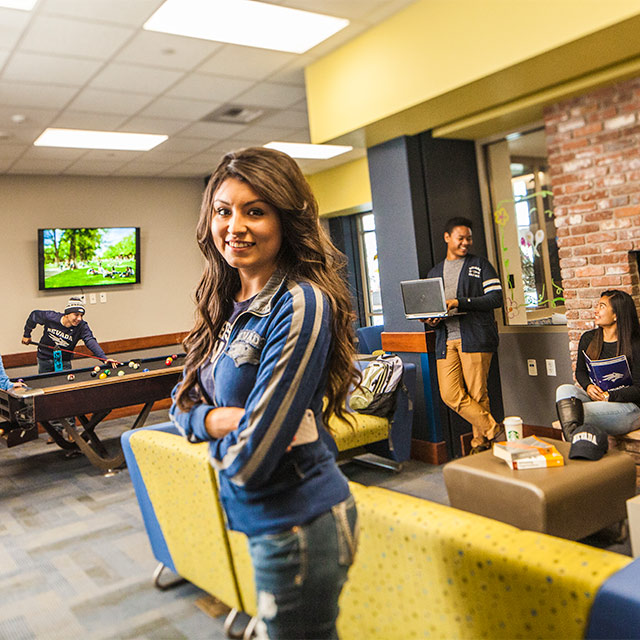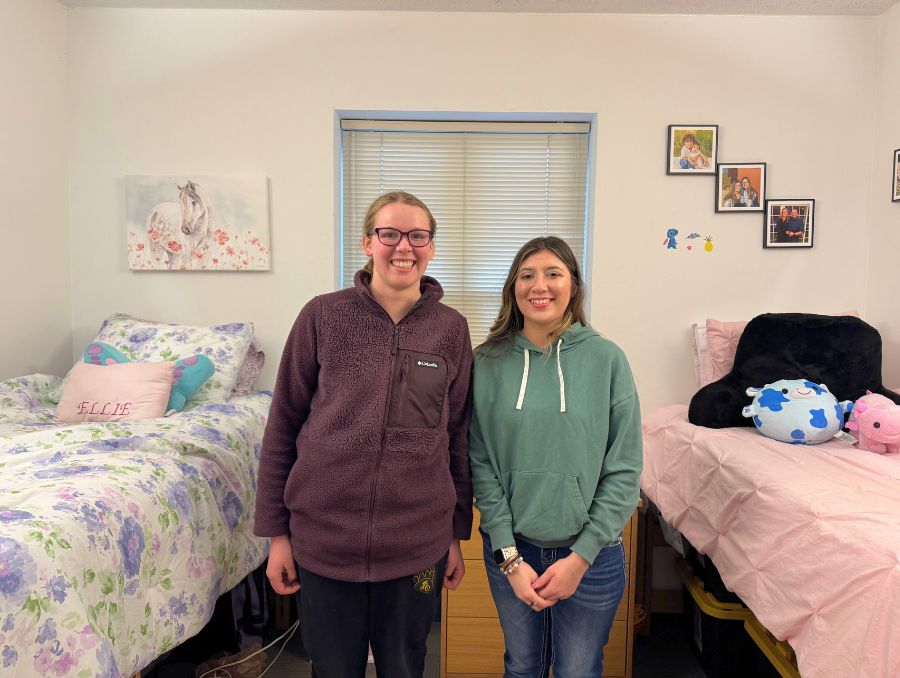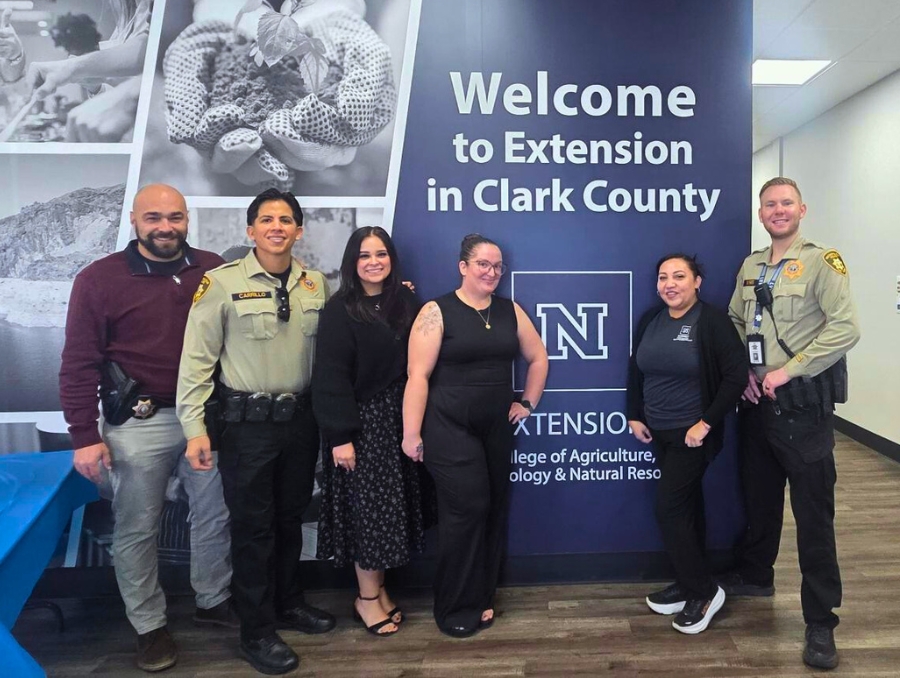Life changing learning.
Apply nowAcademic programs to pursue your passion
College of Education and Human Development at a glance
Ranked No. 36
Our online graduate programs are among the nation’s best according to U.S. News & World Report

$408,920 in Scholarships
Student support is a critical component for the college experience and we are committed to that support.

90%
90% of our graduates reported that they received a job after graduation

10 Doctoral Strands
The College of Education and Human Development offers ten exceptional doctoral programs

College News

Path to Independence students find community and gain confidence through inclusive campus living
Only program in Nevada to offer fully inclusive on-campus housing for students with intellectual and developmental disabilities

$2.7M grant strengthens AI and computer science teaching in Nevada
College of Education & Human Development to support preservice and in-service educators through training and certification

Grant supports trauma-informed training for law enforcement and legal professionals
Training will help justice professionals better understand and respond to survivors of violence
Research Centers
Diversity, Equity and Inclusion
The College of Education & Human Development is committed to promoting and protecting diversity, equity and inclusion. We are committed to promoting an equitable and inclusive climate that validates social identities, including but not limited to the following, as well as intersections thereof: age, disability, gender, gender expression, gender identity, geographic location, immigration status, Indigeneity, language, nationality, political affiliation, race/ethnicity, religion/spirituality, sexual orientation/identity, and socioeconomic status/social class.
College of Education and Human Development Events
Feb
26
Mar
11
Community Inspired Connections - Free Training Workshop at William J. Raggio Building (WRB)
05:30 PM
Lectures & Seminars
Mar
23
May
15
Spring 2026 Commencement - College of Education & Human Development at The Quad
03:00 PM
Awards & Recognition